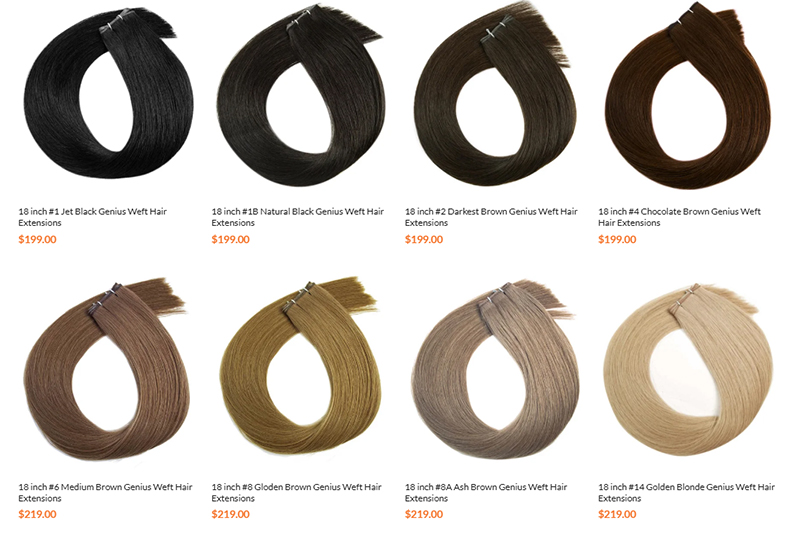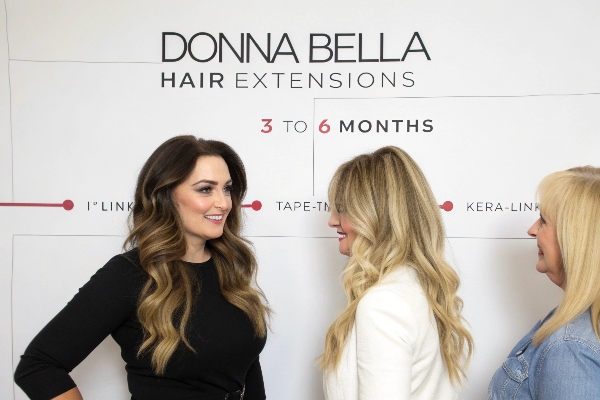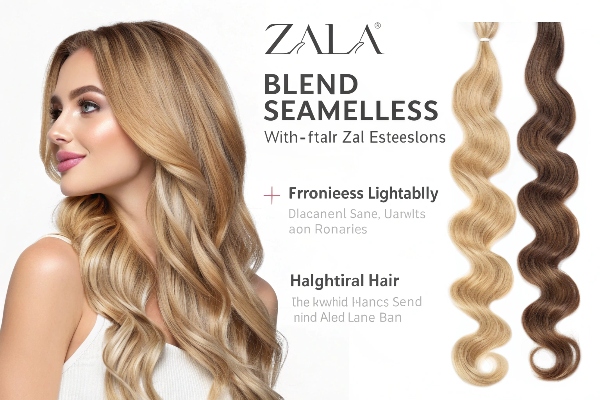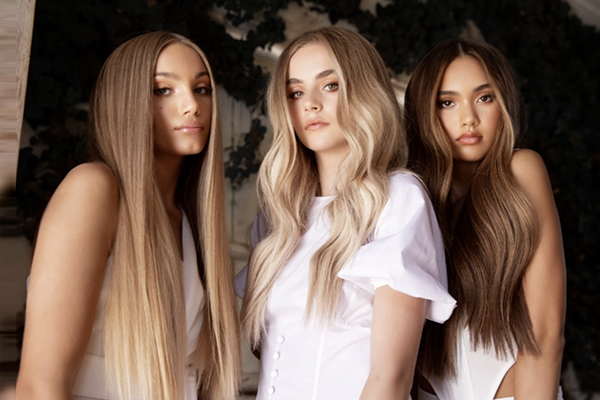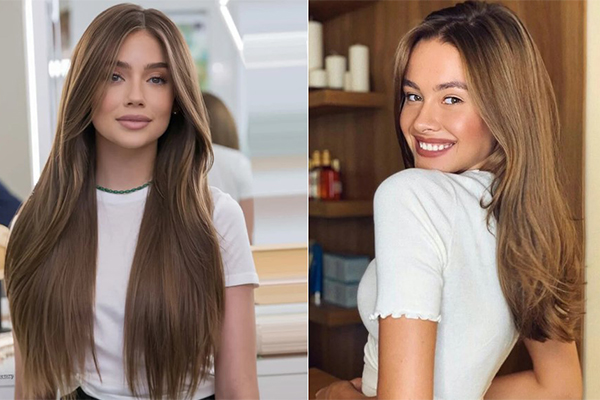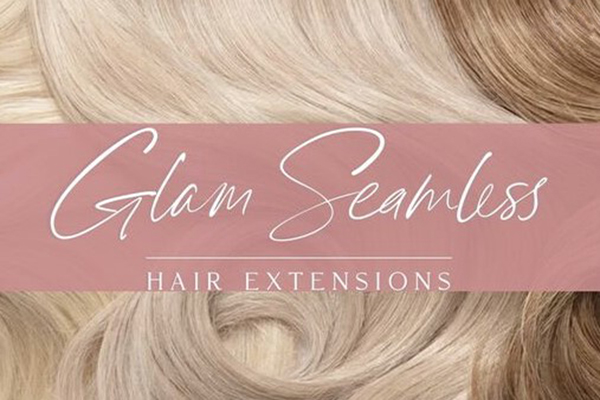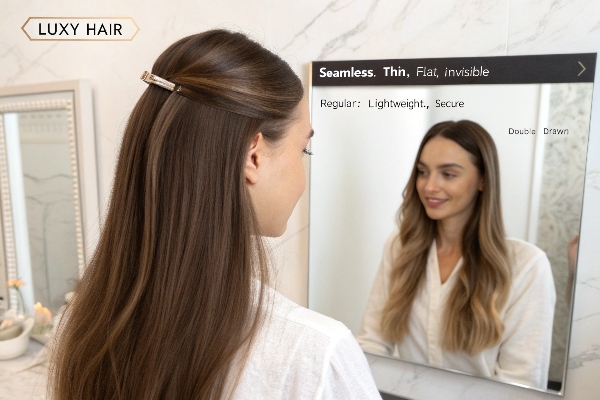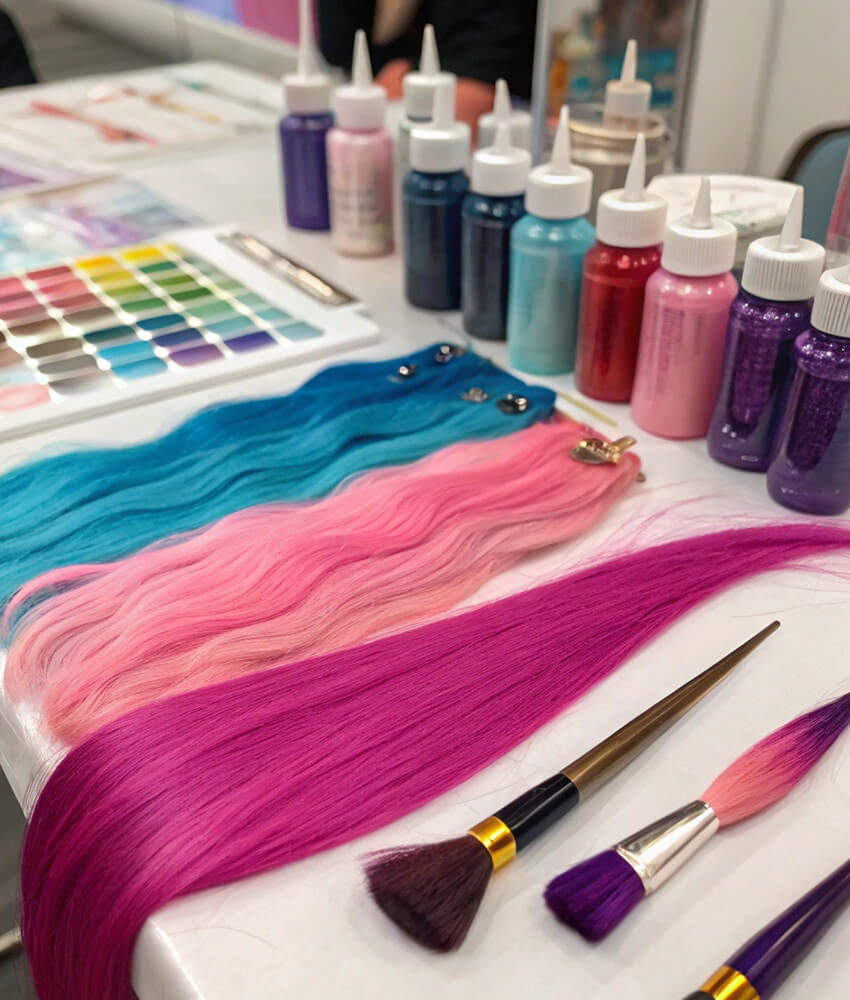If you’re new to weave hair extensions, understanding the cost is essential before placing an order. Many factors affect the price of weave extensions, but typically they range from $200 to $600. This variation depends largely on hair quality and length.
Weave extensions usually cost between $200 and $600, depending on quality and length, with additional salon fees impacting total expenses.
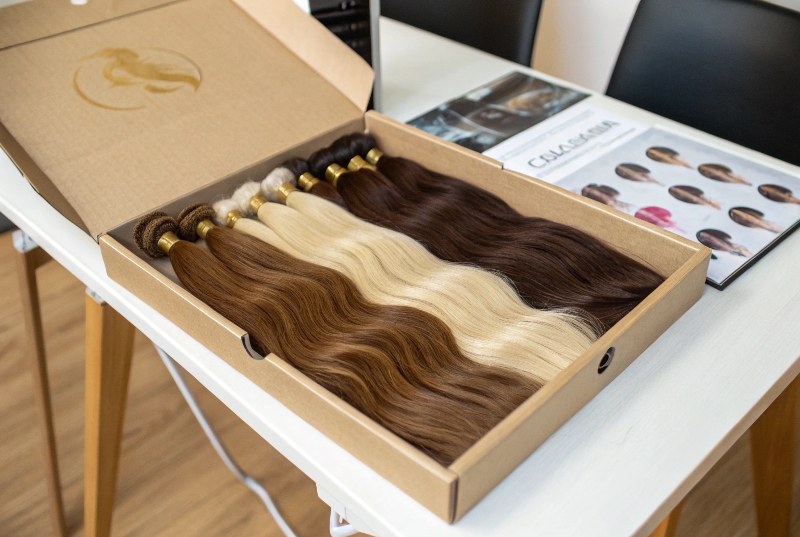
Prices vary due to differences in the type of hair used, human hair is more expensive than synthetic. Length also plays a crucial role, as longer extensions require more material and craftsmanship. Salon installation fees are significant, as professional services ensure correct application and a natural look.
Hair Material Impacts Price: A Deeper Look
The type of hair used in extensions has a significant impact on both the price and the quality of the product. The material affects how the extensions feel, how long they last, and how natural they look. Here’s a more detailed breakdown of the different hair materials used for clip-in extensions:
1. Synthetic Hair: Budget-Friendly but Less Durable
Synthetic hair is typically the most affordable option, making it a popular choice for those on a budget. It’s made from various man-made fibers that mimic the look of natural hair. However, synthetic hair has several drawbacks:
- Lack of realism: Synthetic fibers often don’t move as naturally as human hair, and their shine can be more noticeable.
- Limited styling options: Synthetic hair generally cannot be styled with heat tools (such as straighteners or curling irons) unless specifically labeled as heat-resistant.
- Short lifespan: While affordable, synthetic hair extensions wear out faster than human hair, especially with regular washing or styling. They’re also prone to tangling over time.
- Best for temporary use: Due to its lower durability, synthetic hair is ideal for occasional use or those who need a low-maintenance, short-term solution.
2. Human Hair: Natural Look and Feel with Longevity
Human hair extensions are more expensive than synthetic alternatives but offer a more realistic and durable option. They provide several advantages:
- Natural appearance: Human hair blends seamlessly with your natural hair, offering a more lifelike texture and movement.
- Versatility in styling: These extensions can be styled with heat tools, like curling irons, straighteners, or blow dryers, just like your natural hair.
- Long-lasting: With proper care, human hair extensions can last for a long time, even up to a year or more, making them a better long-term investment.
- Higher maintenance: Though they last longer, human hair extensions still require upkeep, including washing, conditioning, and occasional trims to maintain their appearance and avoid damage.
3. Remy Hair: High Quality with Cuticle Alignment
Remy hair is considered a step above regular human hair due to its cuticle alignment. This means that the hair is collected in such a way that the cuticles (the outer protective layer of the hair strand) all run in the same direction. This results in a more natural look, and the extensions tend to:
- Reduce tangling: The aligned cuticles allow the hair to move smoothly, reducing the risk of knotting or matting.
- Maintain softness: Remy hair retains its natural shine, softness, and luster for much longer than non-Remy hair, giving it a more authentic feel and appearance.
- Better durability: Because the hair cuticles remain intact and aligned, Remy hair extensions tend to last longer than non-Remy hair.
- Higher cost: The process of sourcing and aligning the cuticles requires more labor, which makes Remy hair more expensive than regular human hair but still a more affordable alternative compared to virgin Remy.
4. Virgin Remy Hair: The Pinnacle of Quality
Virgin Remy hair is the highest-quality option available, and as such, it commands the highest price. It’s essentially untreated human hair that has never been chemically processed, dyed, or exposed to harsh treatments. The benefits of virgin Remy hair include:
- Untouched cuticles: The hair’s cuticles are intact and aligned, allowing for superior smoothness and natural movement, making it the most authentic-looking option.
- Incredible longevity: Virgin Remy hair can last for years if properly maintained, making it a worthwhile investment for those looking for the best in terms of quality and durability.
- Styling versatility: Since it’s unprocessed, you can dye, bleach, and style virgin Remy hair without worrying about damage, which provides limitless styling options.
- Premium price: Because of its superior quality and the time-consuming process required to source and preserve the hair, virgin Remy hair comes at a significantly higher cost. However, it’s the most long-lasting and natural choice available.

Click here to view Virgin remy Genius Weft
Summary: Balancing Cost and Quality
| Hair Type | Realism | Styling Options | Durability | Price |
|---|---|---|---|---|
| Synthetic | Low | Limited | Low | $ |
| Human Hair | High | High | Medium-High | $$ |
| Remy Hair | Very High | High | High | $$$ |
| Virgin Remy Hair | Excellent | Very High | Very High | $$$$ |
Quality vs. Cost
In summary, the material of hair extensions greatly affects both price and performance:
- Synthetic hair is affordable but less realistic and less durable.
- Human hair offers a natural look and more styling options but at a higher price.
- Remy hair elevates the quality with aligned cuticles, making it smoother and longer-lasting.
- Virgin Remy hair is the highest quality, offering the most natural look and incredible longevity but comes with the highest price tag.
When selecting hair extensions, consider your budget, desired look, and how long you plan to wear them. While synthetic hair offers an affordable option, Remy and Virgin Remy hair provide long-term value and a more authentic look, making them ideal for those seeking the highest quality.
Why Is Weave Hair So Expensive?
You might wonder why weave hair commands higher prices compared to other hair extensions.
Weave hair costs more due to careful sourcing, processing to maintain quality, and labor-intensive installation techniques.
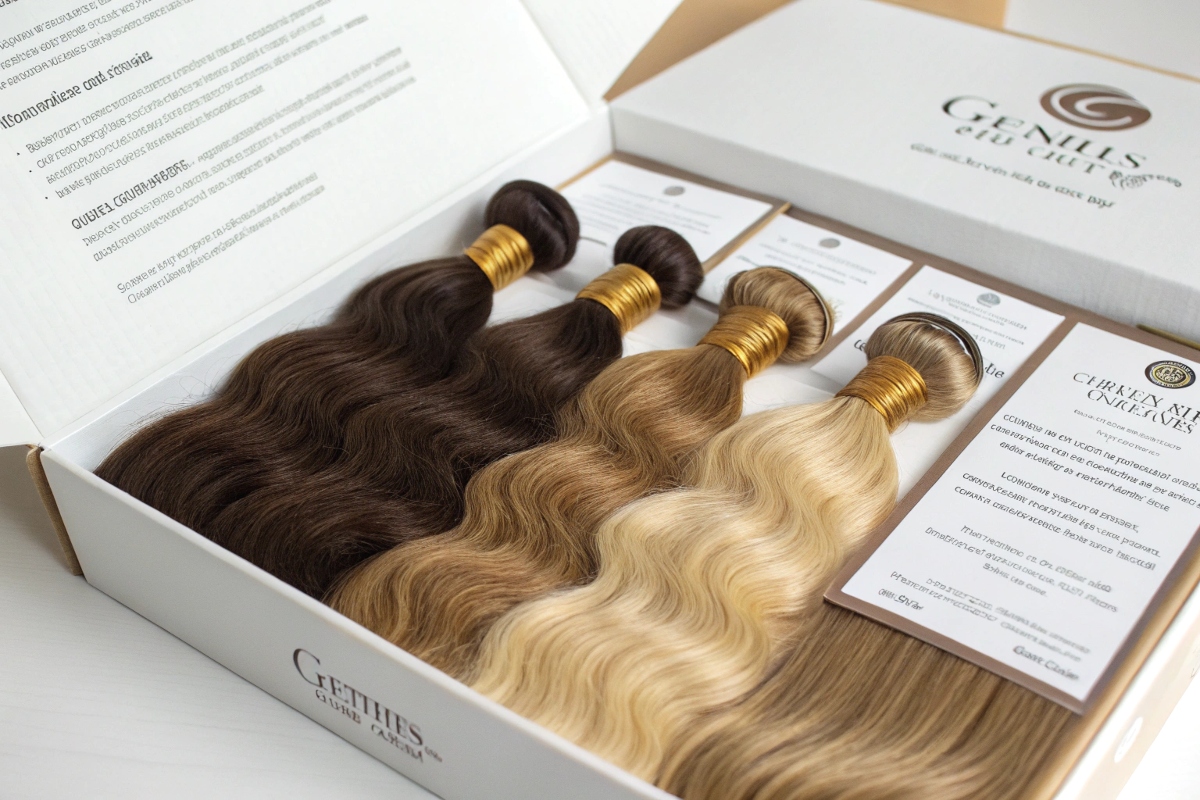
Human hair weaves are usually sourced ethically, which involves screening and selecting premium hair to maintain texture and appearance. This adds to overhead costs. Processing is thorough to ensure longevity and compatibility with diverse hair types.
Quality weaves offer a natural look, requiring skilled labor for installation, which further contributes to their high price. Investing in better quality ensures long-lasting and realistic extensions that enhance aesthetics, justifying the expense for many.
Conclusion
Weave extensions vary significantly in cost, with quality, length, and salon expertise influencing the final price, making them a worthwhile investment for a natural appearance.

